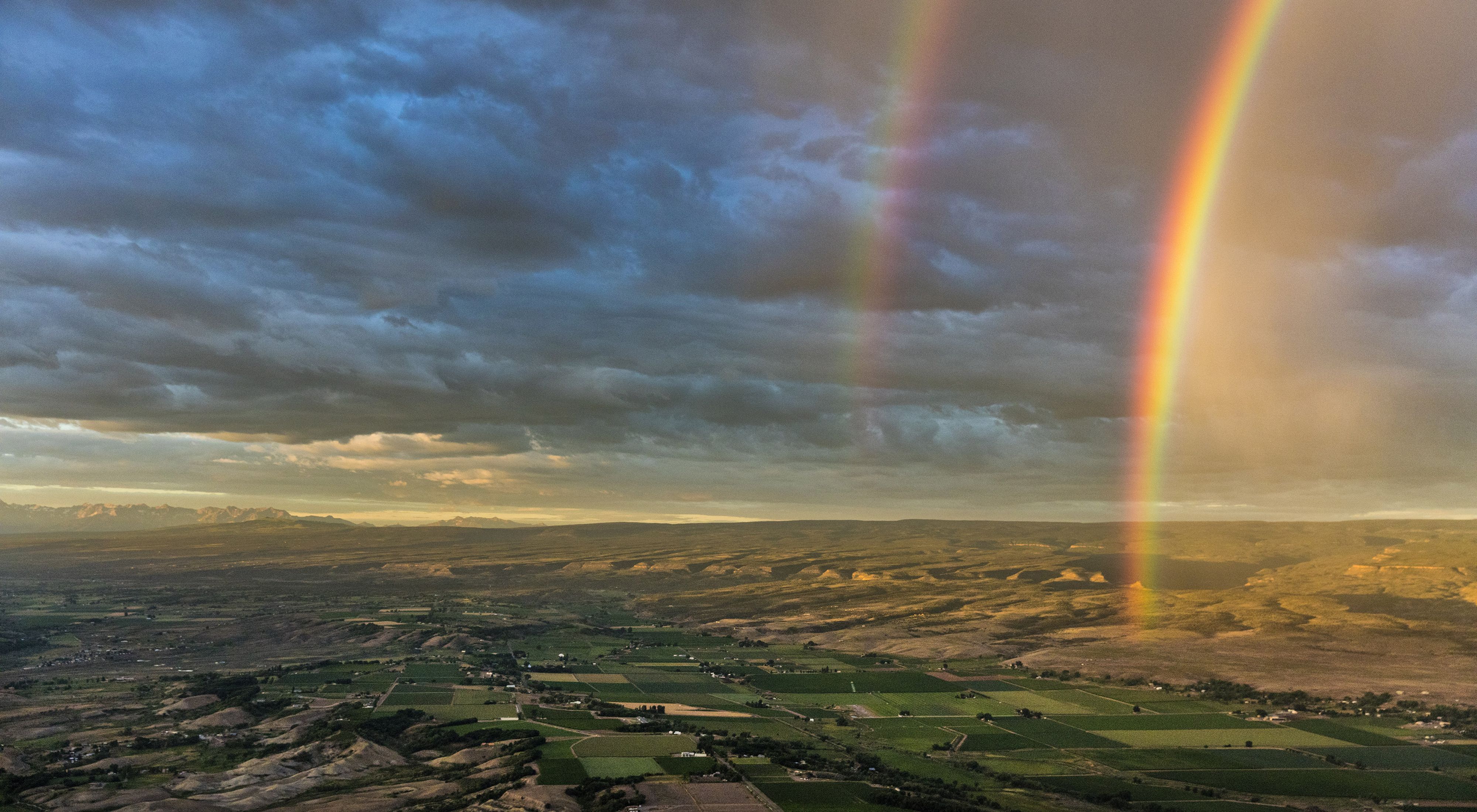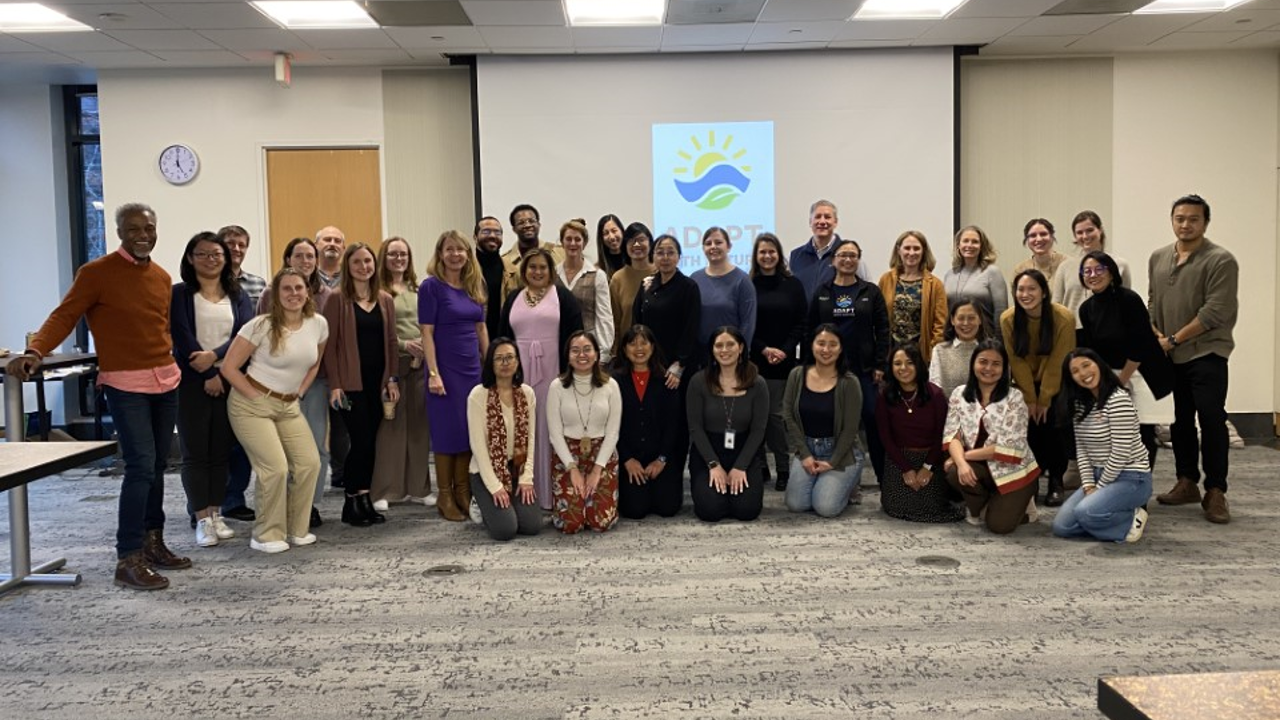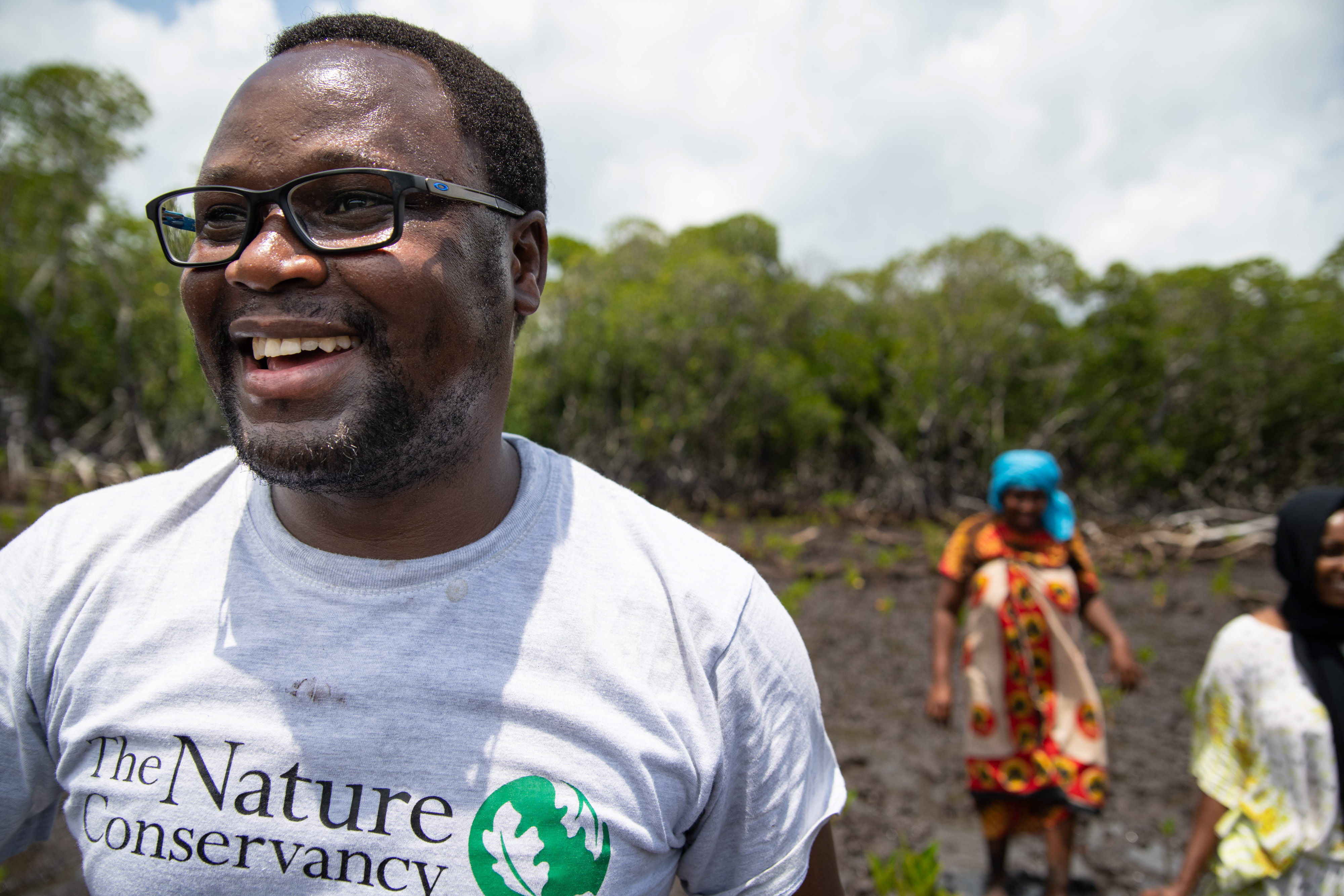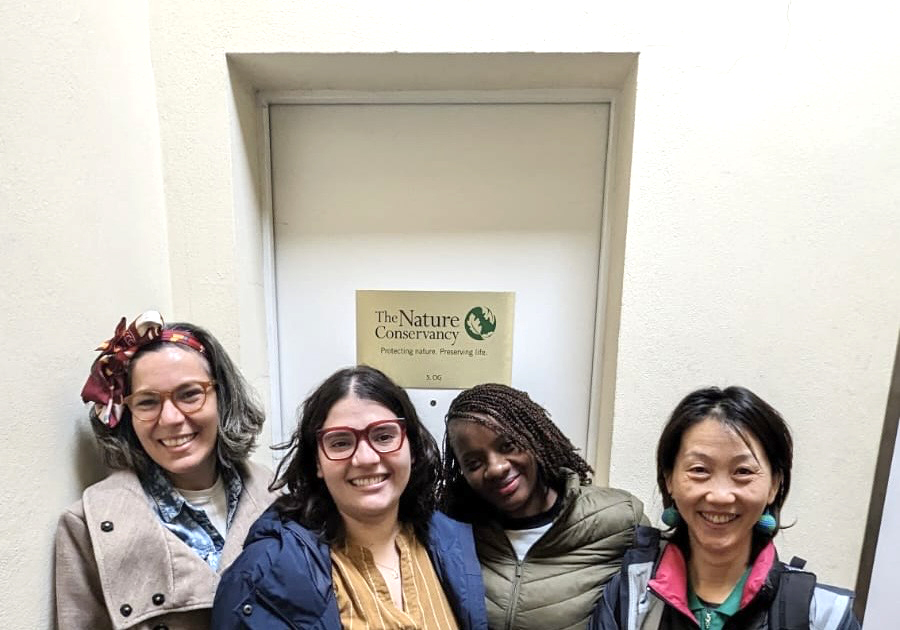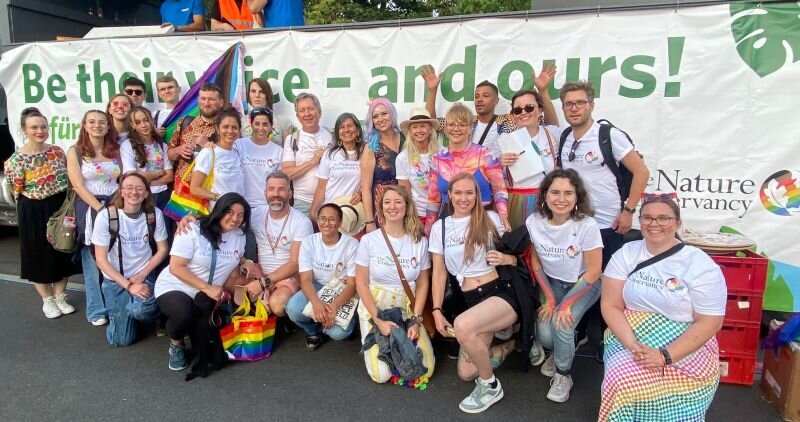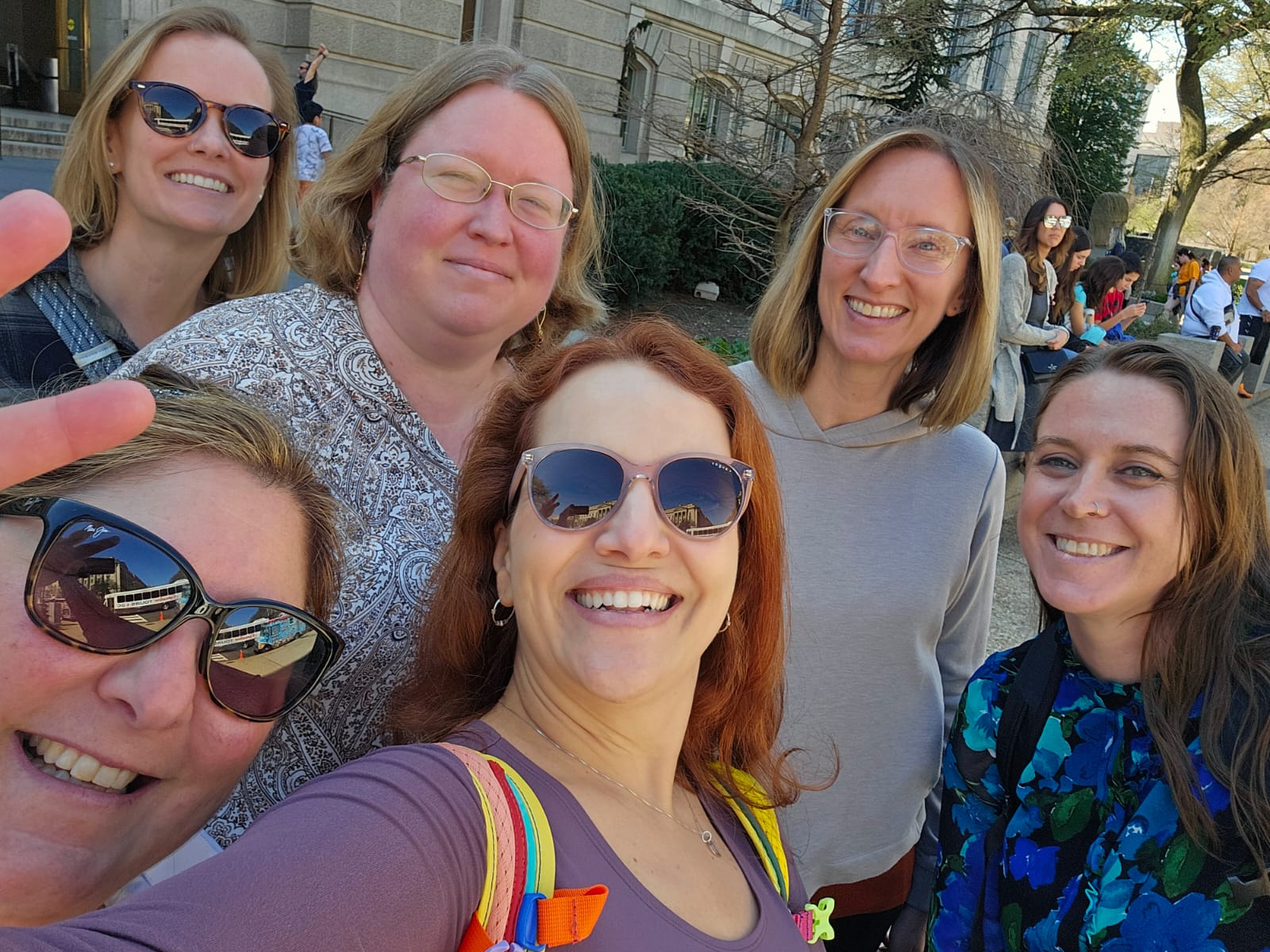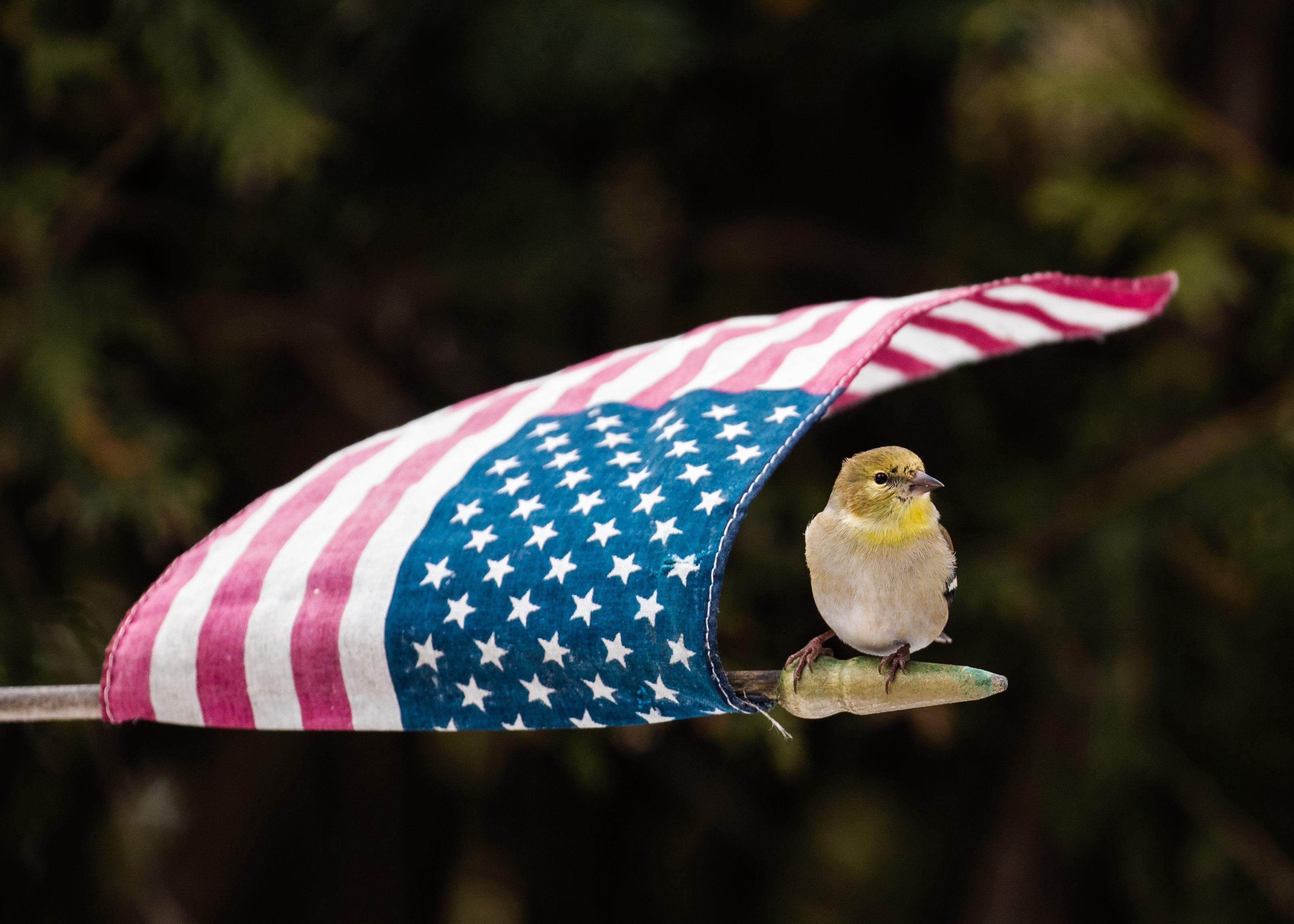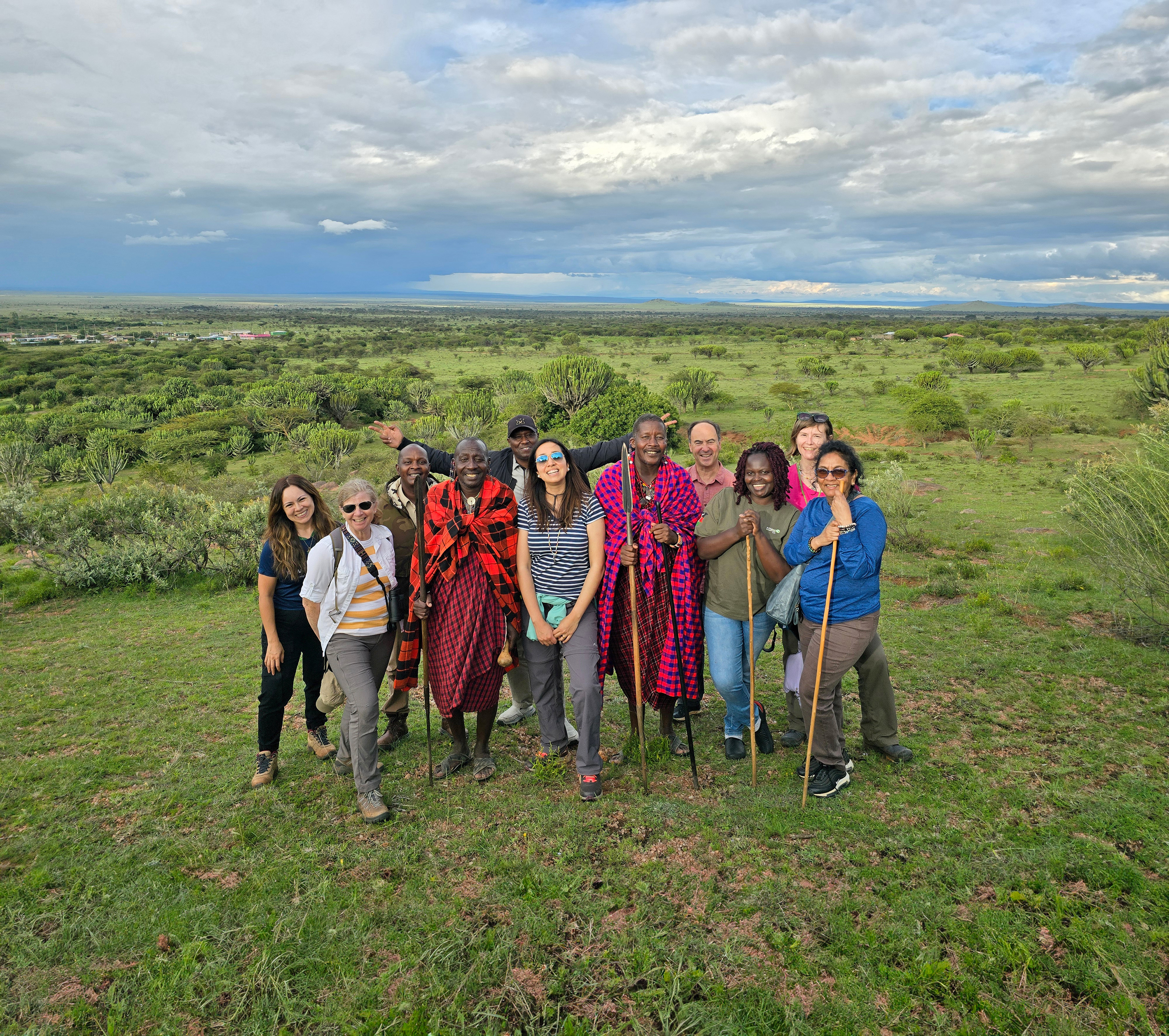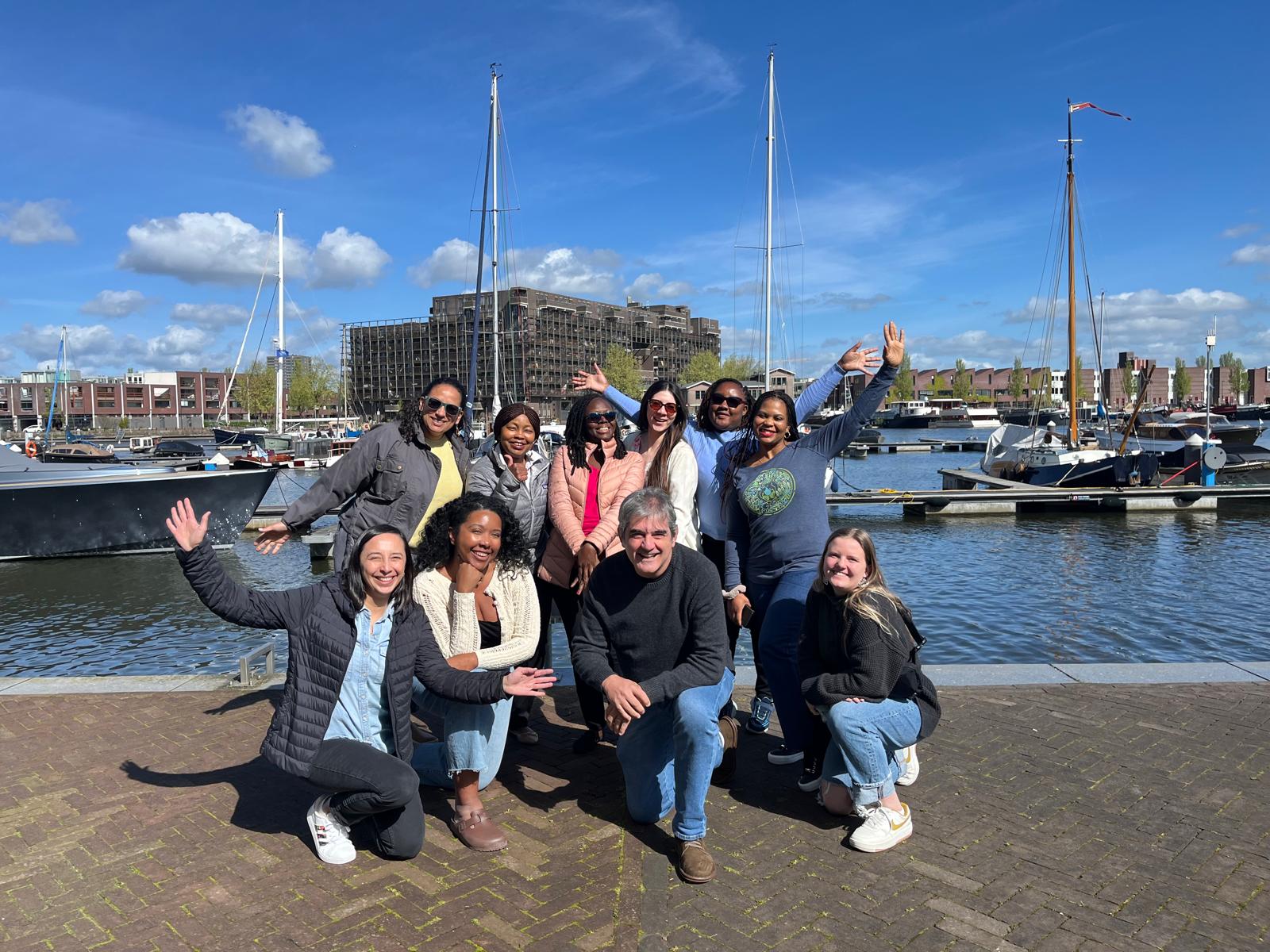What We Stand For: Our Guiding Principles
We stand for our mission and the future we are working towards—a world with a livable climate, healthy communities and thriving nature.
To make this vision a reality, we must safeguard our efforts to address climate change and biodiversity loss. And we must support our colleagues who make this work possible. This is the only way we can continue to effect change at the scale required and for which we are uniquely positioned.
We are steadfast in our commitment to diversity, equity and inclusion—in our workplace and in our conservation work.
Just as nature requires biodiversity to thrive, a healthy workforce needs diversity to succeed in its mission. We are committed to fostering a diverse workforce, where all colleagues feel valued and respected, free from harassment or bias. An inclusive workforce, guided by our values, upholding a collaborative culture that supports one another and the people and places we serve. And a workforce where everyone has equal opportunity to excel.
We are also committed to ensuring our conservation work is informed by diverse voices. This includes, but is not limited to, our work with Indigenous Peoples and Tribes as valued partners, with distinct legal rights and sovereignty.
We know that we make better decisions, see greater innovation and achieve stronger, more lasting conservation outcomes when we respect and learn from a variety of experiences and ways of thinking.
We are committed to our time-tested approach.
For 74 years we have worked across the political spectrum, and we will continue to do so. We collaborate with all levels of government to advance solution-oriented approaches, grounded in science, that benefit nature and people. We do this around the world, across various systems of government. We ensure that our solutions and their implementation reflect our values, including a commitment to diversity and respect for people, cultures, communities and the world around us.
ERGs Embrace Collaboration for a More Inclusive TNC
It was a milestone year for TNC’s global Employee Resource Groups (ERGs), thanks in large part to the collaborative efforts of ERG Steering Committees, Co-Leads, Executive Sponsors and Executive Leadership Team (ELT) Sponsors.
With guidance from Associate Director of Inclusive Employee Investment Lyzel Krebs and Global Diversity, Equity and Inclusion Manager Abby Barber, this all-volunteer group met throughout the last fiscal year to discuss their respective goals and challenges, as well as their collective ideas for promoting inclusion and belonging across TNC’s organizational culture.
The result was a strategic multi-year vision, which groups presented at a virtual all-ERG retreat in March. The event also featured inclusion-focused icebreakers, games and activities, as well as a vulnerability storytelling session with diverse ERG sponsors from TNC’s Executive Leadership Team.
Highlights from a Year of ERG Impact
While each ERG has a specific identity and area of focus, they come together in support of TNC’s organizational values and mission, promoting unity across the global footprint by:
- Cultivating an inclusive and inviting organizational culture.
- Helping to empower and amplify a diverse and equitable workforce.
- Raising awareness of issues faced by underrepresented employees.
- Addressing systemic problems facing communities around the world.
Last year TNC welcomed its ninth ERG, the Alliance for Diverse Asian and Pacific Islander Talent (ADAPT with Nature), and plans for several new member groups are currently in the works. Read on to learn about each ERG’s major goals and highlights from the year.
Employee Resource Groups
Read more about our Employee Resource Groups (ERGs) and what they’ve accomplished this year!
The Nature Conservancy’s ERGs are open to people of all different identities and lived experiences. All staff members are encouraged to participate in any ERG that they would like to join. All ERGs receive equal resources from the organization.
